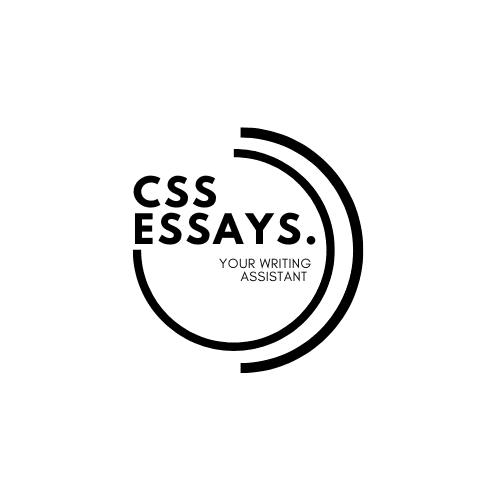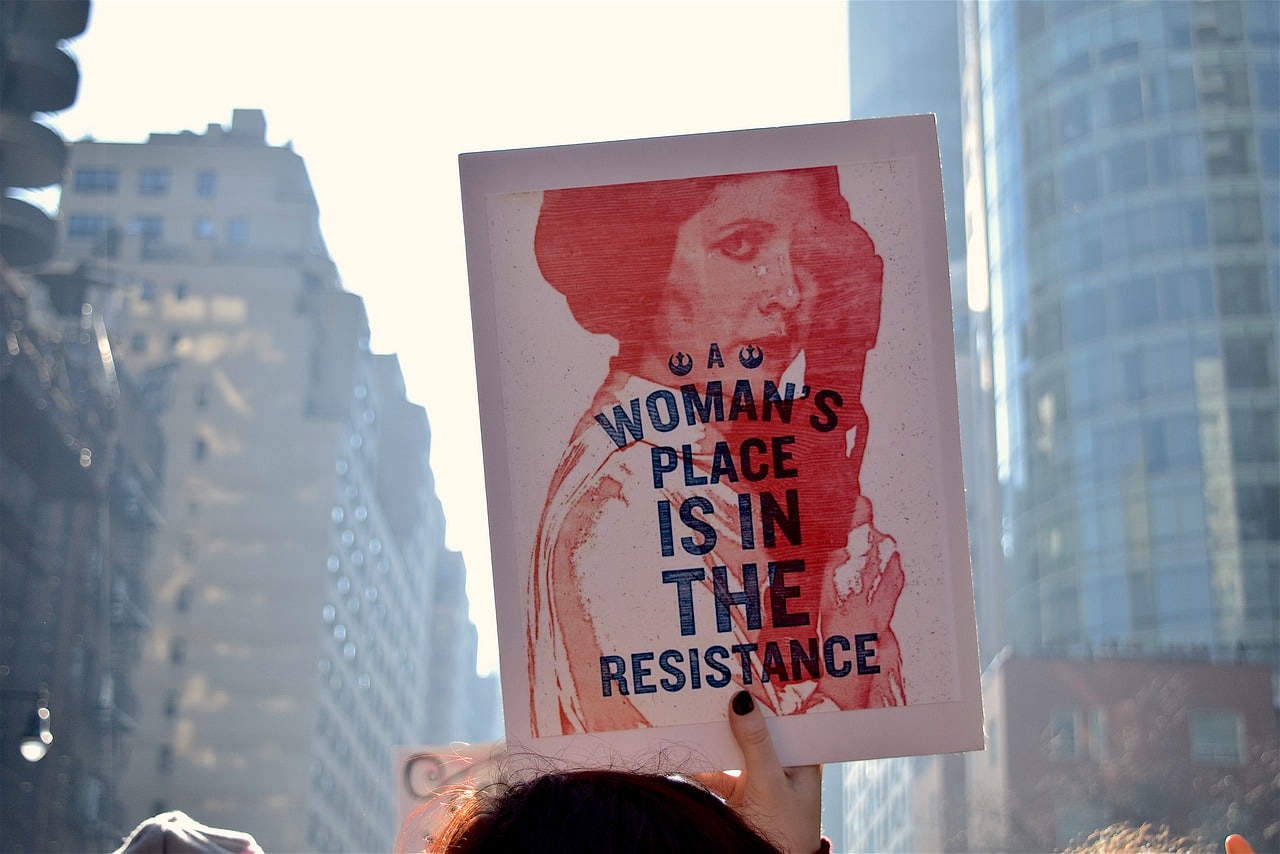Gender equality and the rise of feminism in Pakistan is an intricacie topic, with multiple cultural, social, and political influences at work to shape this subject matter. While substantial strides have been taken toward equality over recent years, true equality still requires considerable work on our part.
Strong patriarchal culture:
One of the main obstacles to gender equality in Pakistan is its long-standing patriarchal culture, which places value on men over women and reinforces traditional gender roles that limit opportunities available to women. Furthermore, religious and social customs such as purdah require women to cover themselves up when in public spaces such as mosques. This further marginalises women.
Feminism: In spite of these challenges, there has been an emerging movement in Pakistan to promote gender equality and the rights of women – often referred to as “feminism.” One main goal of this movement is breaking down traditional gender roles that limit opportunities available to women while also creating equal access to education, employment and political participation for them all.
Pakistan’s feminist movement has achieved many significant accomplishments over time, most notable of which being its widespread achievements.
One of the greatest achievements of Pakistan’s feminist movement has been an increase in female workforce participation rates, according to World Bank estimates. Accordingly, female labor force participation rates increased from 24% in 1990 to 34% by 2020 – still low compared with many other countries but an important step for Pakistani women.
Increased recognition and acceptance of women’s rights have contributed to greater understanding and awareness surrounding the matter.
Feminist activism in Pakistan has also helped raise awareness and acceptance of women’s rights. For example, in 2016 Pakistan passed the “Protection of Women Against Violence Act”, criminalizing domestic abuse while providing victims protection and support services.
Has Pakistan achieved gender equality?
Many women still face discrimination and violence on a daily basis, being denied education and employment opportunities and facing social and cultural barriers that need to be broken down in order to create an equitable society.
Gender equality and the rise of feminism in Pakistan is a complicated matter, affected by various cultural, social, and political influences. Although progress has been made over recent years, full equality still requires much work. Feminist movements in Pakistan have played an instrumental role in advocating for gender equality and women’s rights – they continue to act as agents of change today.
Pakistan’s economy is facing numerous challenges, such as high inflation, large trade deficits and an ever-widening budget deficit. One way to address these obstacles and promote economic growth would be increasing participation of women in the workforce – they make up half of population after all and their presence could make a dramatic difference to Pakistan’s economic development.
Increased participation by women in the workforce
First and foremost, expanding women’s participation in the workforce can contribute to economic expansion. When women can work and earn a living they can significantly enhance the economy through increased productivity and consumption; moreover, women tend to invest more in their families and communities which further fuels economic expansion.
Address issues of poverty and inequality
Second, more women in the workforce can help address issues of poverty and inequality. Women often face discrimination and barriers to education and employment that keep them living in poverty. Increasing women’s participation can reduce poverty while simultaneously creating greater equality.
Thirdly, increasing women’s participation in the workforce can also help improve Pakistan’s balance of trade. More women entering the labor force will help contribute to increasing exports. While decreasing imports; this can reduce its trade deficit and improve its balance of payments.
Increased female employment can help strengthen a nation’s overall economic stability. When women can work and earn an income to support themselves and their families independently of government assistance. It reduces government burden as well as improving social stability.
Pakistan’s economy is facing several significant hurdles.
One way of meeting these challenges is increasing female participation in the workforce. Since women make up half of society and can have a dramatic effect on economic performance by driving economic growth. Addressing poverty and inequality issues. Improving balance of trade relations and stabilizing economies.
Pakistan has taken several steps to provide women with more active roles in both society and the workforce. Some key initiatives for women include:
Education:
The government has made efforts to increase access to education for girls by building schools in rural areas and offering scholarships.
Legal Reforms:
The government has passed several laws designed to safeguard women’s rights. Such as the “Protection of Women against Violence Act” and “Prevention of Anti-Women Practices Act”.
Economic Empowerment: To promote women’s economic empowerment, several initiatives have been undertaken by the government. For instance, they include “Benazir Income Support Program”. Which offers cash transfers to low-income families; and the “Prime Minister’s Youth Training Program”, which offers women training and skills development opportunities.
Political Participation:
The government has taken several steps to increase women’s involvement in politics. Such as reserving seats for them in both the National Assembly and Provincial Assemblies and encouraging more of them to run for office.
Social Change:
The government has undertaken various campaigns designed to change societal attitudes toward women and advance gender equality. Such as the “Aurat March” and Pink Taxi service for exclusively female customers.
Healthcare:
The government has taken several steps to improve healthcare services for women and reduce maternal mortality rates. Such as the “Lady Health Worker Program” and the “Mother and Child Health Program”.
Support to Women Working:
The government has taken measures to assist women entering the workforce. Such as providing childcare facilities in workplace settings and encouraging employers to adopt flexible working hours. Additionally, women-led businesses have been actively promoted.
Noteworthy is the fact that women in Pakistan still face many barriers in attaining true equality. And many initiatives to support women have met resistance in terms of implementation and enforcement. Furthermore, some rights activists accuse the Government of discrimination, harassment and violence against women.
Gender equality and the rise of feminism in Pakistan is an intricate topic influenced by various cultural, social and political forces. Feminism in Pakistan has played a central role in advocating for gender equality. And the rights of women; its movement remains an important force for change today. Additionally, Pakistan’s Government has taken several steps to give women more active roles within its workforce and society. Such as providing more access to education; passing laws protecting these rights; increasing economic empowerment programs. Expanding political participation opportunities for women and launching social change campaigns as well as improving healthcare services provided for working women. Such as increasing education access; passing laws protecting rights of women while improving healthcare services support working women alike.
However, much remains to be done before women in Pakistan can achieve true equality. And many initiatives have faced difficulties in implementation and enforcement. Furthermore, the Government is facing criticism from women rights activists. Who contend they are not doing enough to empower women; more needs to be done to address systemic issues of discrimination, harassment and violence against them.


Well that’s awesome work, it helps me alot
Thank you 😌
Good work sir